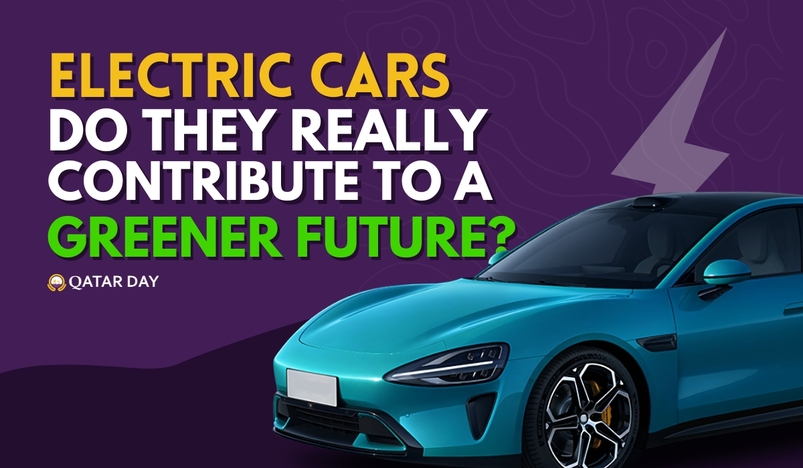
Most EVs are powered by lithium-ion batteries. These rely on metals like lithium, cobalt, and nickel, which have to be mined from the earth. This mining process is often destructive, causing deforestation, water contamination, and significant energy use.
In fact, the process of making an electric car typically produces more CO2 than making a regular gas-powered car.
That’s because manufacturing the battery is such an energy-intensive process. So while EVs are great once they’re on the road, getting them there in the first place isn’t as eco-friendly as you might think.
Another factor that complicates the green image of electric cars is the source of the electricity they use.
Sure, EVs themselves don’t emit CO2, but if they’re being charged with electricity generated from coal or natural gas, they’re still contributing to carbon emissions, just indirectly.
In places where renewable energy makes up a large portion of the grid, electric cars can significantly reduce emissions.
However, in regions where fossil fuels still dominate, the environmental benefits of EVs are less clear. So, while EVs are part of the solution, they’re not a cure-all, at least, not yet.
One of the biggest challenges electric cars face is what to do with the batteries once they’ve run their course.
Right now, we don’t have a perfect system for recycling these batteries on a large scale, and as more EVs hit the roads, this is going to become a MUCH bigger issue.
The good news is that there’s a lot of research and innovation happening around battery recycling, and companies are working on ways to reuse old batteries or recycle them more efficiently.
But until that infrastructure is fully in place, the question of what happens to millions of old batteries remains a problem we need to solve.
It’s important to remember that while electric cars are a step in the right direction, they’re not the only answer to creating a more sustainable world.
We can’t just replace every gas-powered car with an electric one and call it a day. True sustainability means rethinking our entire approach to transportation.
This could mean investing more in public transit, making cities more walkable and bike-friendly, or encouraging ride-sharing and carpooling.
Electric cars are definitely part of the solution, but they need to be combined with other efforts if we really want to make a difference.
Electric cars do offer real environmental benefits, especially when they’re powered by clean energy. They’re a major improvement over traditional vehicles and represent a crucial step towards reducing our carbon footprint.
But, it must be said, they’re not perfect, and we shouldn’t see them as the sole solution to our environmental problems.
To build a truly greener future, we need to look at the bigger picture.
‘How we produce energy, how we manufacture goods, and how we move around.’
Electric cars are just one piece of that puzzle, and while they’re helping us move in the right direction, there’s still a long way to go.
.jpg)
Qatar Secures Place Among the World's Top 10 Wealthiest Nations
.jpg)
Hamad International Airport Witnesses Record Increase in Passenger Traffic

Saudi Arabia: Any visa holder can now perform Umrah

What are Qatar's Labour Laws on Annual Leave?
Leave a comment